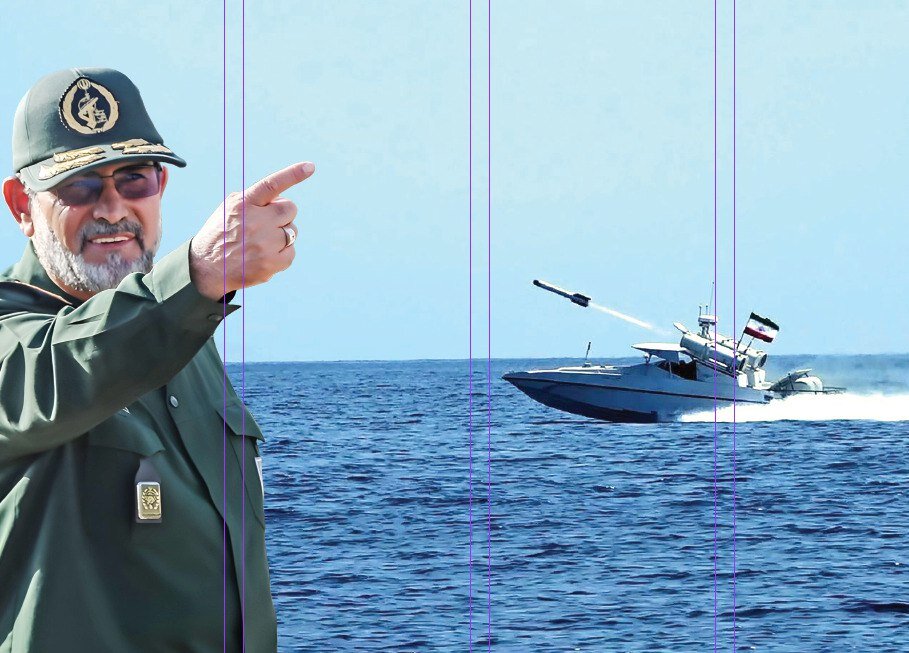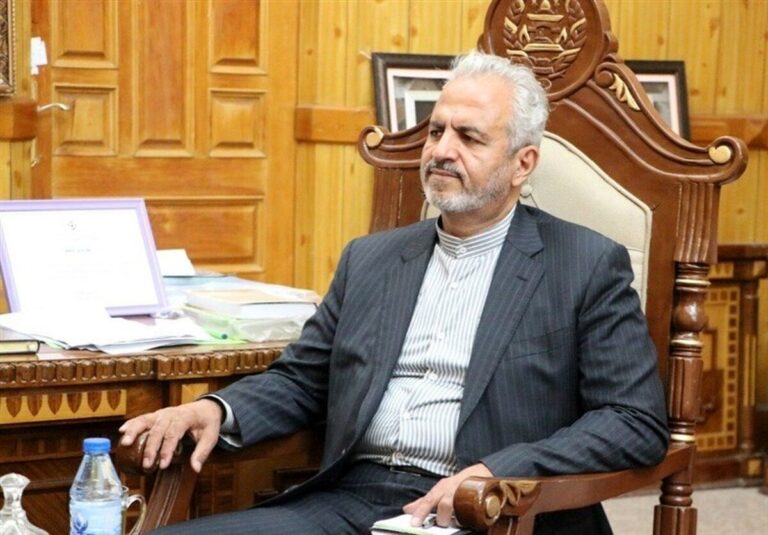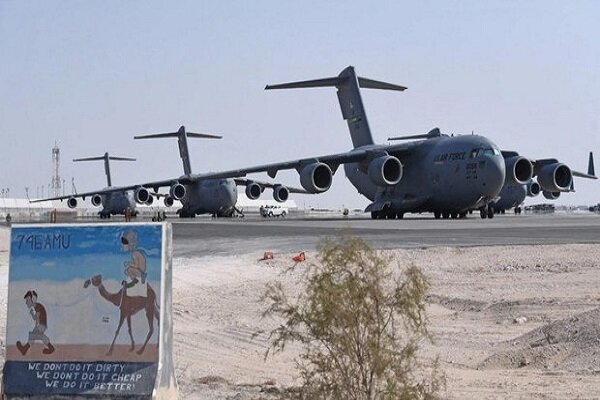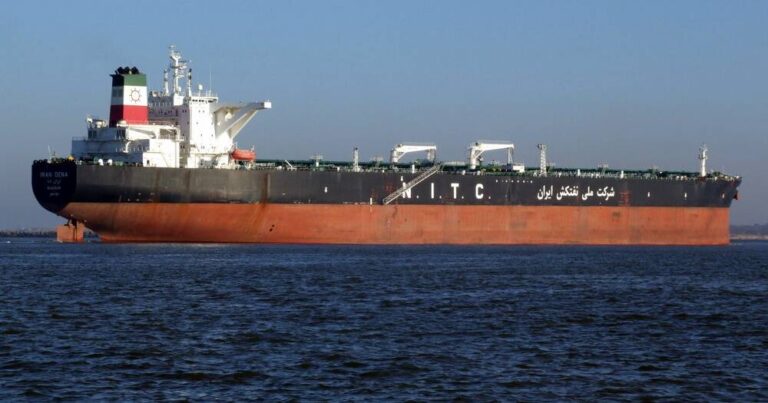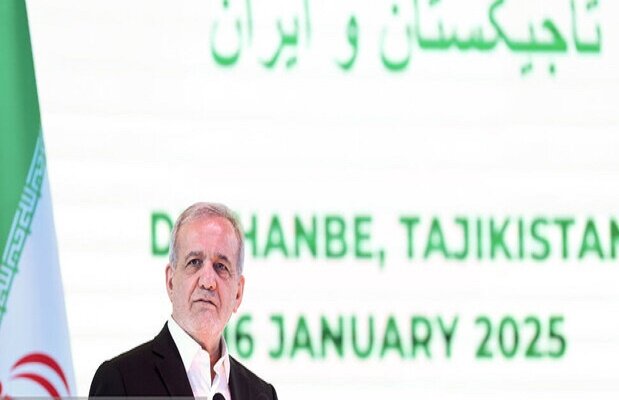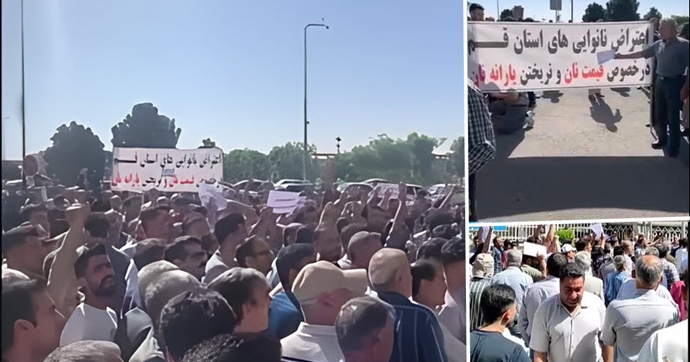IRGC General: Trump Fails to Halt Iran’s Oil Exports
In recent remarks, the commander of the IRGC Navy asserted that Donald Trump is struggling to execute his threats regarding Iran’s oil exports. This statement was made during the commemoration of the 46th anniversary of the Islamic Revolution in Iran, underscoring the resilience of the nation against external pressures.
“Trump unable to operationalize his threats to bring Iran’s oil exports to zero,” the commander stated. He emphasized the longstanding resistance of the Iranian people and government, saying, “We resisted these [pressures] for 46 years. They certainly cannot defeat a more powerful country with sanctions,” Tangsiri added.
These comments come in light of Trump’s recent directive on Tuesday, which reinstated the so-called maximum pressure policy that aims to reduce Iran’s oil exports to zero. This policy was also a central part of his first term in office, where, according to Iranian officials, he did not achieve his goals.
Iranian leaders have expressed skepticism about Trump’s capability to succeed with his renewed approach, reflecting on his previous failures during his first term. The combination of a unified national front and the historical context of Iran’s resilience has emboldened these leaders in their stance against U.S. sanctions.
- Key Points from Tangsiri’s Remarks:
- Iran has successfully resisted pressures for 46 years.
- Sanctions cannot defeat a powerful nation like Iran.
- Trump’s maximum pressure policy is a repetition of past failures.
The IRGC Navy commander’s statements highlight a broader narrative of defiance against perceived external threats. The Iranian government continues to assert its sovereignty and independence in the face of sanctions, drawing on historical victories and a strong national identity.
Moreover, these remarks come at a time when geopolitical tensions are high. The U.S. has often leveraged economic sanctions as a tool for foreign policy, targeting nations like Iran to exert influence and achieve political objectives. However, the effectiveness of such strategies is frequently called into question by nations that face them.
Iranian officials have consistently argued that sanctions are ultimately counterproductive. They believe that such measures not only fail to pressure the government but also strengthen national unity among the populace. The Iranian leadership maintains that they have developed various strategies to mitigate the impact of sanctions and ensure continued economic activity.
- Strategies Used by Iran to Counteract Sanctions:
- Enhancing domestic production capabilities.
- Strengthening trade relationships with allied nations.
- Diversifying export markets beyond traditional partners.
The ongoing discourse regarding the effectiveness of sanctions is pivotal in understanding the complexities of international relations. As countries navigate these turbulent waters, the impact of rhetoric and policy decisions will continue to shape the dynamics of power and resistance.
In conclusion, the IRGC’s assertion of Iran’s ability to withstand external pressures serves as a reminder of the nation’s historical resilience and determination. As the geopolitical landscape evolves, it will be crucial to observe how these dynamics unfold and whether Trump’s renewed efforts will yield any different results compared to his previous term.
With Iran’s commitment to maintaining its oil exports and the nation’s strong rhetoric against U.S. sanctions, the stage is set for ongoing tensions between the two countries. Iranian leaders remain steadfast in their belief that they can withstand any pressure exerted by foreign powers, emphasizing the strength and unity of their nation in the face of adversity.
